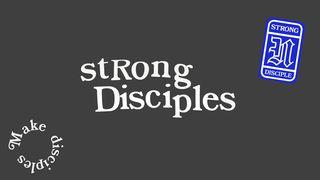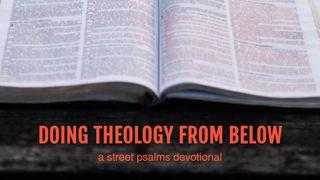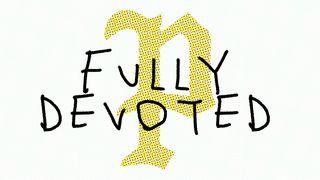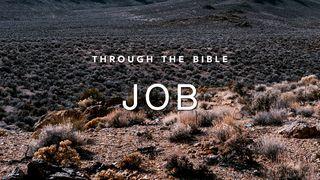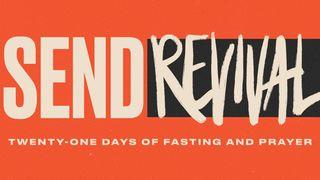Deuteronomy: At Journey's Endਨਮੂਨਾ
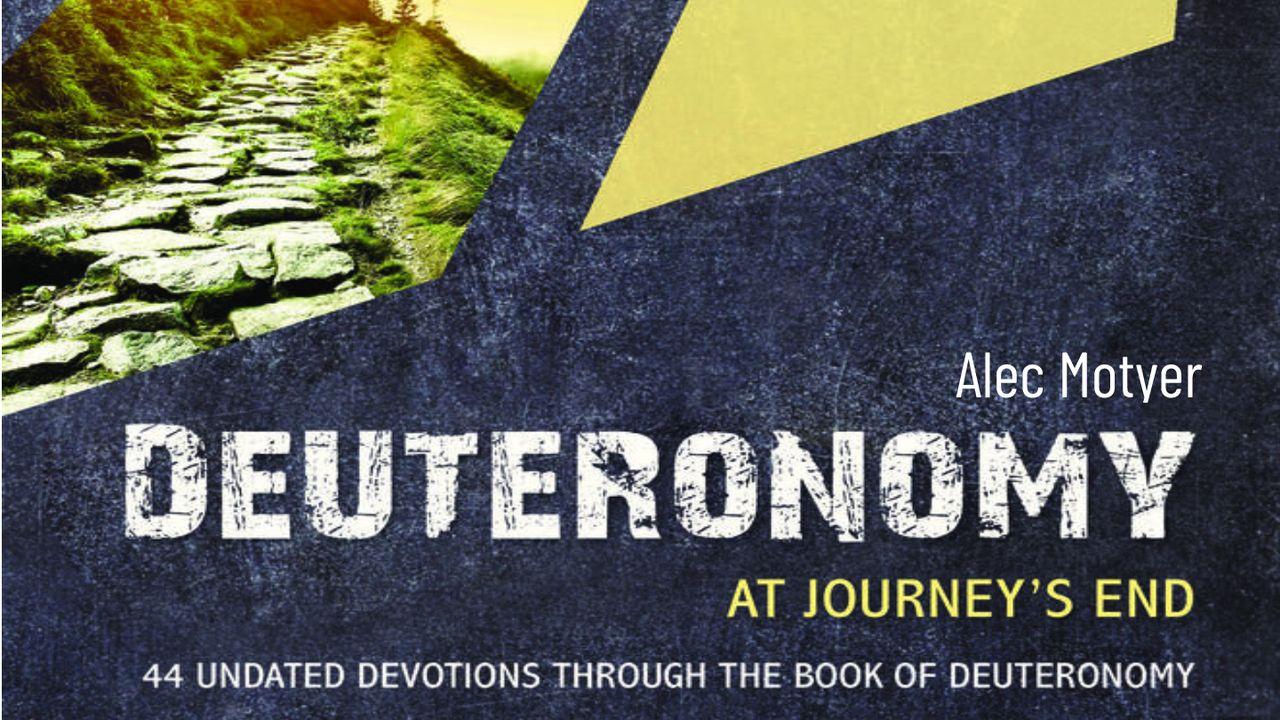
Monday as well as Saturday
Read the amazing Leviticus 19 and learn – as is true of all Old Testament Law – that the Lord has a word for us, a way of life for every situation and relationship. Biblical religion cannot be boxed in.
So in Deuteronomy 23, side by side, without any sense of impropriety, we have Israel focused on the inmost sacredness of religion (vv. 1–8), and Israel concerned with toilet arrangements in the camp (vv. 9–14), humanitarianism (vv. 15–16), financial purity (vv. 17–18), brotherliness (vv. 19–20), personal reliability (vv. 21–23) and integrity of ownership (vv. 24– 25). In a word, Sunday’s worship and Monday’s needs, tasks and relationships are all of a piece. The two focal points of the Decalogue (commandments 1–4 and 5–10) make the same point. We need to beware of praying on our knees on Sunday and preying on our neighbours for the rest of the week!
The purity of the assembly is important (vv. 1–8). First, as regards the corrupting influence of false religion: verses 1–2 are concerned with unholy rituals (v. 1) and illicit relationships (v. 2). Secondly, the Bible does not subscribe to the view that every religion makes a contribution to the sum total of truth: there has to be a godly principle of separation (vv. 3–6). Thirdly, we may smile at the thought of the Lord being offended by our sanitary arrangements, but there is a requirement of everything to be decent and in order, and we need to be reminded that this applies more widely than just to what happens in the pew.
Verses 17–18 need understanding. The two categories of persons mentioned are, literally, ‘holy’ women and ‘holy’ men, where ‘holy’ means separated off for service to their god – a ‘service’ which, in Baal worship, meant engaging in sexual activities. Such ‘worship’ Baal required, but, to the Lord God, it was an abhorrent equivalent to prostitution. Bringing in a fee (v. 18) must refer to income earned in the course of Baal service, and is true to the Bible’s view of money: what matters is how it was gained and how it is used.
Reflection
Jesus teaches us what is true wealth (Luke 12:21; Matt.6:33) and the correct attitude toward possessions (Acts 2:44–47; 4:32–34).
ਪਵਿੱਤਰ ਸ਼ਾਸਤਰ
About this Plan

In these daily undated devotions, Alec Motyer explores the timeless truths of Deuteronomy and applies them to our lives today. Just as the Israelites did, we can appreciate the wonder of God’s grace to us through repentance, experience His committed love for us, and learn more about walking in His ways.
More
